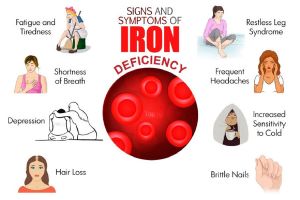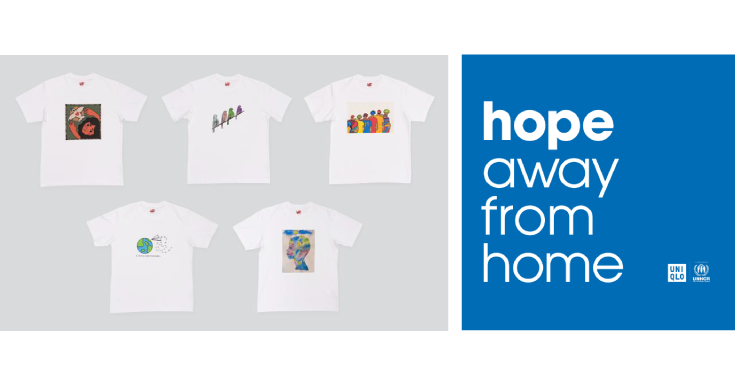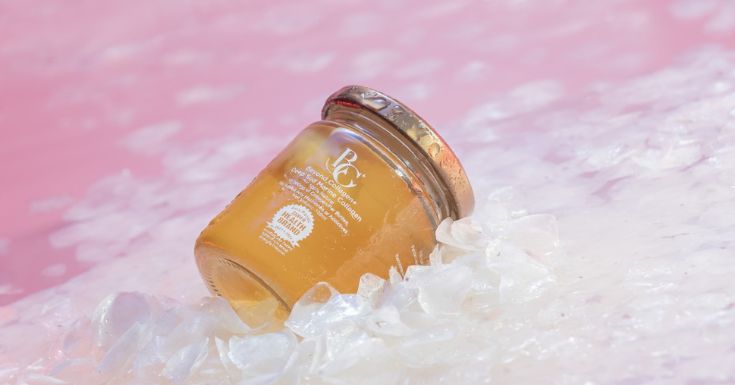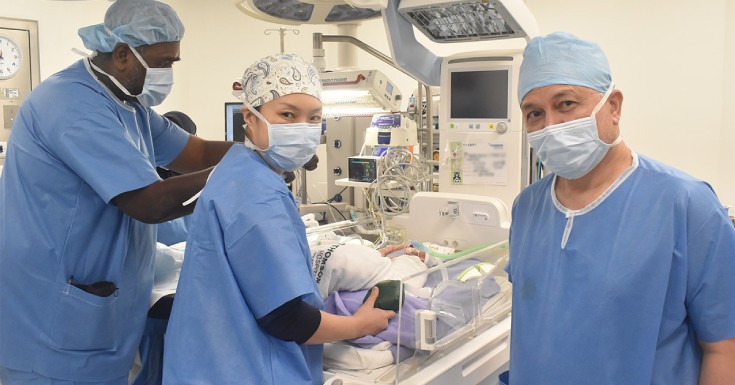Let’s Not Get Low On Iron
If there is a single nutrient that is often taken for granted and almost sidelined without much consideration it’s the mineral, iron. A deficiency in it however, can prove to be grave, especially in pregnant women.
It’s just as important like every other nutrient
Iron is of utmost importance in producing healthy blood. It synthesizes hemoglobin, a hemoprotein that transports oxygen in blood. Its deficiency can cause weakness, anemia, poor concentration, and shortness of breath.
- Iron is an immensely important mineral for human health. It is primarily required to make hemoglobin, the hemoprotein that carries oxygen in blood. This mineral is also required for :
Synthesizing myoglobin, which helps store oxygen in the muscle tissues. - The production of several important enzymes
- The proper functioning of the immune system
Iron deficiency can disrupt these vital functions to produce a number of health problems. Though the human body can store some iron, a deficiency of this mineral can occur due to inadequate dietary intake and in some cases, due to chronic bleeding, which can be in the form of menstrual bleeding, non-menstrual bleeding, and gastrointestinal bleeding.
Iron is also lost from the body in sweat, and shedding of intestinal cells. A problem in absorbing this nutrient, and frequent blood donations can be some other possible causes of iron deficiency.
When the body lacks iron
Low iron levels in the body can eventually cause anemia, which is known as iron deficiency anemia. Menstruating women, pregnant women, people having ulcers and any other conditions that can cause intestinal bleeding, and those who donate blood frequently are at an increased risk of developing this iron deficiency anemia.
People having gastrointestinal disorders and strict vegetarians can also experience iron deficiency at times. Low levels of iron in the body can manifest in increased fatigue and lack of energy. People suffering from this condition can look pale and weak.
Some other symptoms or signs of this condition are, dizziness or lightheadedness, shortness of breath, headaches, irritability, and weight loss. Brittle nails, cold hands and feet, soreness of the tongue, grooved nails, and hair loss can also indicate a deficiency of iron.
Apart from these, some people can develop an unusual condition, known as pica due to the deficiency of this mineral. Pica refers to an unusual craving for non-nutritive substances like clay, dirt, ice, soil, chalk, paper, etc. Some patients can also develop a disorder, known as restless leg syndrome due to the deficiency of this mineral.

Iron deficiency during pregnancy
Pregnant women are at an increased risk of developing iron deficiency, as the requirement of this mineral increases during pregnancy. A significantly low level of iron during pregnancy can raise the risk of premature birth and low birth weight.
Even stillbirth may result from a severe deficiency of iron in pregnant women. Pregnant women can develop anemia due to the deficiency of this mineral, which can make them weak. Blood transfusions may be required, if such women lose a lot of blood during delivery.
Preventing iron deficiency
The only way to prevent a deficiency is through proper food intake. This condition can be prevented by consuming foods rich in iron. Basically, there are two types of iron – heme and non-heme iron. Heme iron is more easily absorbed by the body than the non-heme iron. Heme iron can be found in animal source foods, like beef, chicken, fish, and organ meat like liver and kidneys.
Non-heme iron can be found in plant-derived food like beans and lentils. Some sources of this nutrient are, whole grains, oatmeal, blackstrap molasses, eggs, oysters, leafy green vegetables, dates, prunes, raisins, tofu, broccoli, nuts, and seeds
What you should know about iron absorption
Although non-heme iron is easy to obtain, the body doesn’t digest it as easily as heme iron. You can help your body out by pairing these foods with vitamin C-rich fruit like citrus and citrus juices, fruit like strawberries, and vegetables like bell peppers. They’ll help your body take up more of the iron and get your levels back to normal.
Calcium intake also reduces iron absorption. When it comes to non-heme iron, the research is mixed, but the interaction may be dose-dependent. In other words, calcium may reduce non-heme absorption when consumed in large amounts.





















Leave a comment